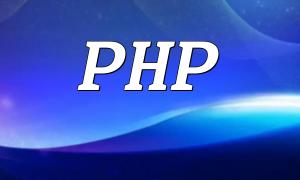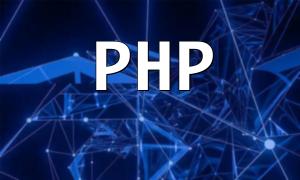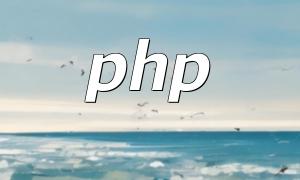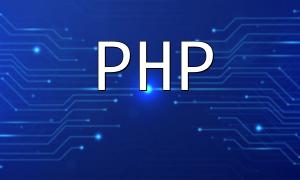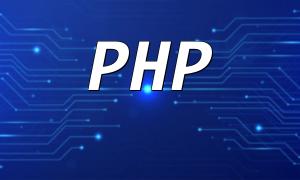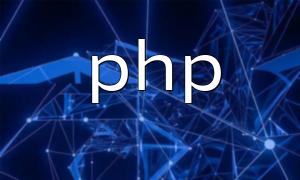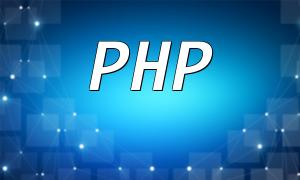As web applications grow increasingly complex, PHP frameworks play a crucial role in modern development. However, both inherent framework flaws and improper usage by developers can expose systems to risks. Regular security assessments are essential to detect vulnerabilities early and apply the necessary fixes to ensure application stability and security.
During a security audit, the following types of vulnerabilities are commonly found:
To ensure an effective security evaluation, developers should follow these steps:
Laravel is one of the most popular PHP frameworks, known for its built-in security features. However, security misconfigurations or outdated packages can still create risks. The example below demonstrates how to perform a basic Laravel security check:
use Illuminate\Support\Facades\Artisan;
Artisan::call('security:check'); // Check for known security issues
Artisan::call('debugbar:serve'); // Enable DebugBar to help identify potential problemsAfter running these commands, the system will display security analysis results along with recommendations for improvement, helping developers quickly locate and address vulnerabilities.
Beyond periodic security audits, developers should adopt secure coding and deployment practices:
Conducting regular security assessments for PHP frameworks is essential to maintaining safe and reliable applications. By identifying vulnerabilities, applying timely fixes, and strengthening security practices, developers can significantly reduce risks and build more resilient web environments.
